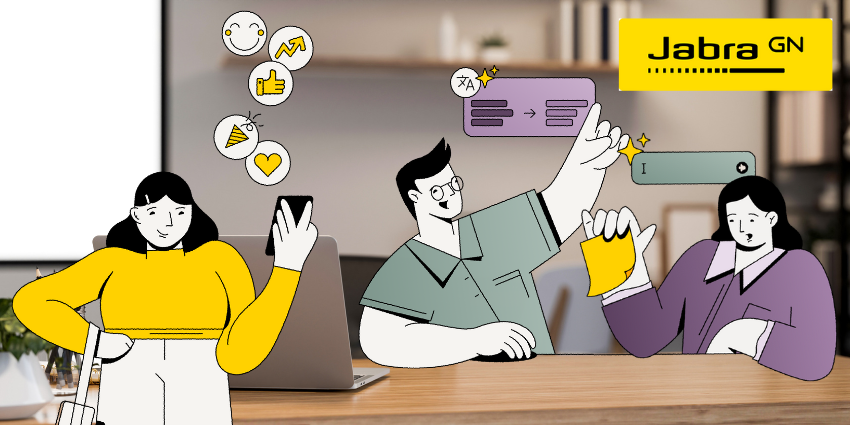There have been numerous attempts in recent years to write the obituary for the phone number, particularly in the wake of WhatsApp and Facebook Messenger. In digging into it further, I found a Facebook post from 2016 that predicted “the disappearance of the phone number” and The New York Times wrote about how restaurants are abandoning landlines that same year, citing OpenTable and Yelp as substitutes for handling reservations.
Any company born in the last 10 years (think Netflix, Stripe, Uber) has tried to resist buying a business phone system. In the digital age, most employees bring their personal smartphones to work and it’s rare to ask for someone’s phone number anymore. Workplace communication revolves around Slack, chat and video calls. Making new connections is as easy as logging onto LinkedIn or Instagram!
So why do we still need the phone number?
Contrary to what the “chic” restaurants in The New York Times article said about how lack of phone access to a company makes it more alluring, most people still want to be able to speak to a person when they’re trying to reach a business. In fact, sixty-five percent prefer to call a business than use other means of contact. The rise of click-to-call features in mobile apps is making that even easier: there will be 169 billion mobile calls by 2020, driven by smartphone and click-to-call trends.
Text-happy millennials may prefer using their digits for personal communications, but companies understand that they still need to have a phone number. To succeed in business you need a connection to the entire world. Given that consumers all have some type of phone, there is no barrier to entry; no need for software or wifi like other communications methods require. The phone number is the only universal identifier used across global networks. Tools like Slack and Gchat are private networks that rely on your contacts all using the same platform. Even when they do, total users on those platforms represent just a fraction of the world’s population — Slack boasts six million daily users — while there are five billion (and counting) mobile phone subscribers.
Then, there’s the data. The information that can now be gathered from a business phone number is so much more than caller-ID with pictures. Call analytics can provide details about customers and the business relationship you have with them — everything from job titles and work experience to mutual connections and what you discussed on a previous call. Data integration with CRM systems can cut down on time and costs of customer service calls and provide rich business intelligence that can help sales and marketing. In the future, AI will enable real-time sentiment tracking and coaching to improve customer service and employee training.
You don’t need a landline to have a work number, which is good because the workforce is increasingly mobile. Many workers face some unfortunate choices to be at work on the go. They can carry two phones — one for work and one for personal use — which is an antiquated idea, despite what some people might tell you. Or they can use their personal number for work calls too. But that has negative impacts on work-life balance. Who wants to constantly be screening work calls during their off hours? What’s more, when an employee leaves a company, their phone number goes with them, along with sales relationships. One good option is to have the work number ported to mobile devices and private phones via virtual phone numbers that can be turned off and on.
Even young, ‘cool’ companies that believe they should resist legacy technology at all costs are beginning to understand the value of the phone number and its role as a universal identifier. The phone system is the world’s only open network that works across all platforms and all geographies, and it’s not going to be replaced anytime soon no matter what the next hot messaging app is.
New technologies come and go, but you can’t kill the phone number.
Guest Blog by Brian Peterson
Brian Peterson is a co-founder and the VP of Engineering at Dialpad. Previously, he was a Senior Software Engineer at Google, building the front end of Google Voice.






